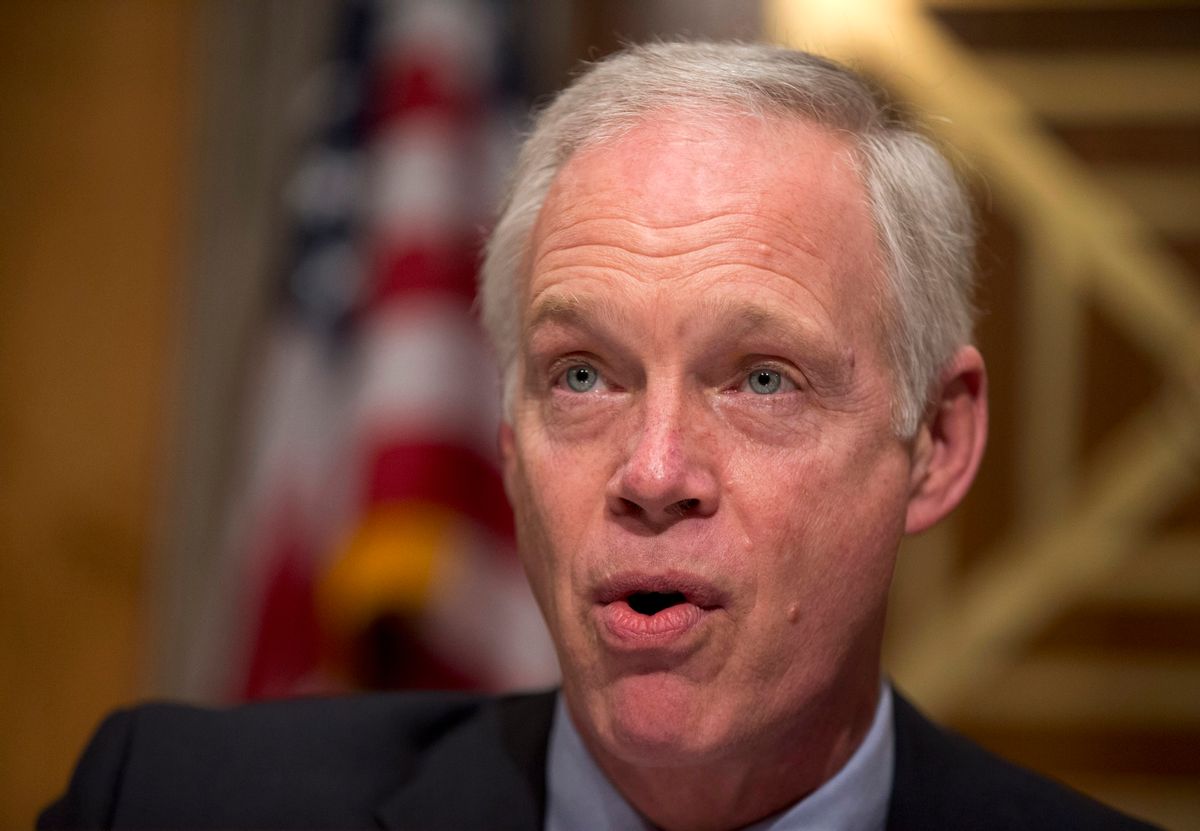Sen. Ron Johnson, R-Wisconsin, has asked Democrats for help in repealing Obamacare — an offer they are not likely to take him up on.
"It's way more complex than simply 'repeal and replace.' That's a fun little buzzword, but it's just not accurate," Johnson said on CNBC's "Squawk Box" on Thursday.
"You didn't have already the tentacles of Obamacare, you didn't already have the damage, the destruction, the harm created by Obamacare driving premiums up, distorting health-care markets and health-insurance markets," Johnson added, referring to the fact that it would have been easier to repeal the Affordable Care Act before people became dependent on it after its passage in 2010.
"My thought process is, let's start working with Democrats, let's transition to a system that'll actually work that Democrats are talking about. They want to fix it, let's fix it for the benefit of the American public," Johnson said.
It seems very unlikely that Johnson will get his wish, as Democrats in both houses of Congress have rallied against any effort to repeal the Affordable Care Act. Last Senate Democrats used both the floor of Congress and social media to outspokenly oppose any form of repeal, with Sen. Chris Van Hollen of Maryland explaining that "the point is to send a clear message to the country, to the American people that, No. 1, we’re going to do everything we can to prevent Senate Republicans from destroying the Affordable Care Act."
Democratic sentiment is no more conciliatory in the House of Representatives. On Tuesday House Minority Leader Nancy Pelosi, D-California, cited a Congressional Budget Office report to describe a post-repeal health care marketplace as a "nightmare," one in which "health care costs will explode, Americans in the individual market will see their premiums double by 2026, and the number of uninsured Americans will surge by 18 million in the first year alone and by 32 million by 2026."
She later added, "Republicans need to wake up to the brutal impact that repealing the ACA will have on the lives of their constituents."



Shares